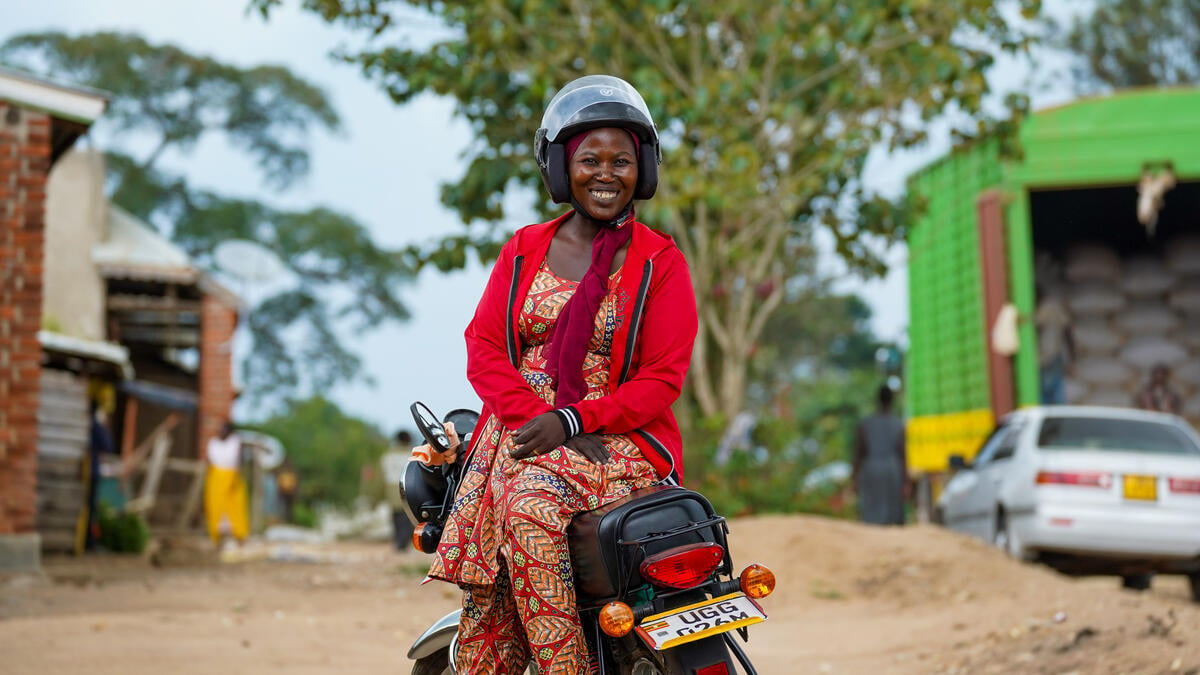Uganda: Refugee influx from DR Congo subsides
Uganda: Refugee influx from DR Congo subsides
The refugee influx from north-eastern Democratic Republic of the Congo (DRC) into western Uganda has subsided, with no new arrivals reported in the last week in Bundibugyo district, south-west Uganda or in Nebbi district, north of Lake Albert. The last significant group of refugees arrived in Uganda on Monday, 20 May, behind the last of Uganda's UPDF troops in the border town of Nebbi.
An estimated 1,500 Congolese refugees followed Ugandan troops returning from DRC's Ituri district. UNHCR staff immediately arranged for the transfer of some 17 refugees who were willing to go to Imvepi refugee settlement, which is a government-designated refugee-hosting site in neighbouring Arua District. A majority of the refugees, mainly ethnic Alur who are found on both sides of the border, are opting to stay with friends and relatives in Nebbi district, and are not willing to be moved to the government-designated refugee settlement.
A joint government of Uganda/WFP/UNHCR team which carried out an assessment of the refugee situation in Uganda's western border regions two weeks ago concluded that some 20,000 new Congolese refugees have sought asylum in Uganda following the latest round of violence in the Ituri region of DRC. Half this number are in a string of six fishing villages along the southern shores of Lake Albert. Many are ethnic Hema who have fled the cyclic conflict between them and ethnic Lendu. Some of the livestock-keeping Hema refugees have arrived in Bundibugyo district with large herds of cattle, raising concerns about the spread of animal disease in the area.
Meanwhile, Uganda government officials have continued to register the recently arrived Congolese refugees for relocation to two designated camps - Kyaka II in Kabarole district and Imvepi in Arua district.
A second government of Uganda/UNHCR mission to Bundibugyo district is planned for next Monday, June 2, to assess the numbers of refugees willing to relocate to settlements, and to make logistical arrangements for their transfe









